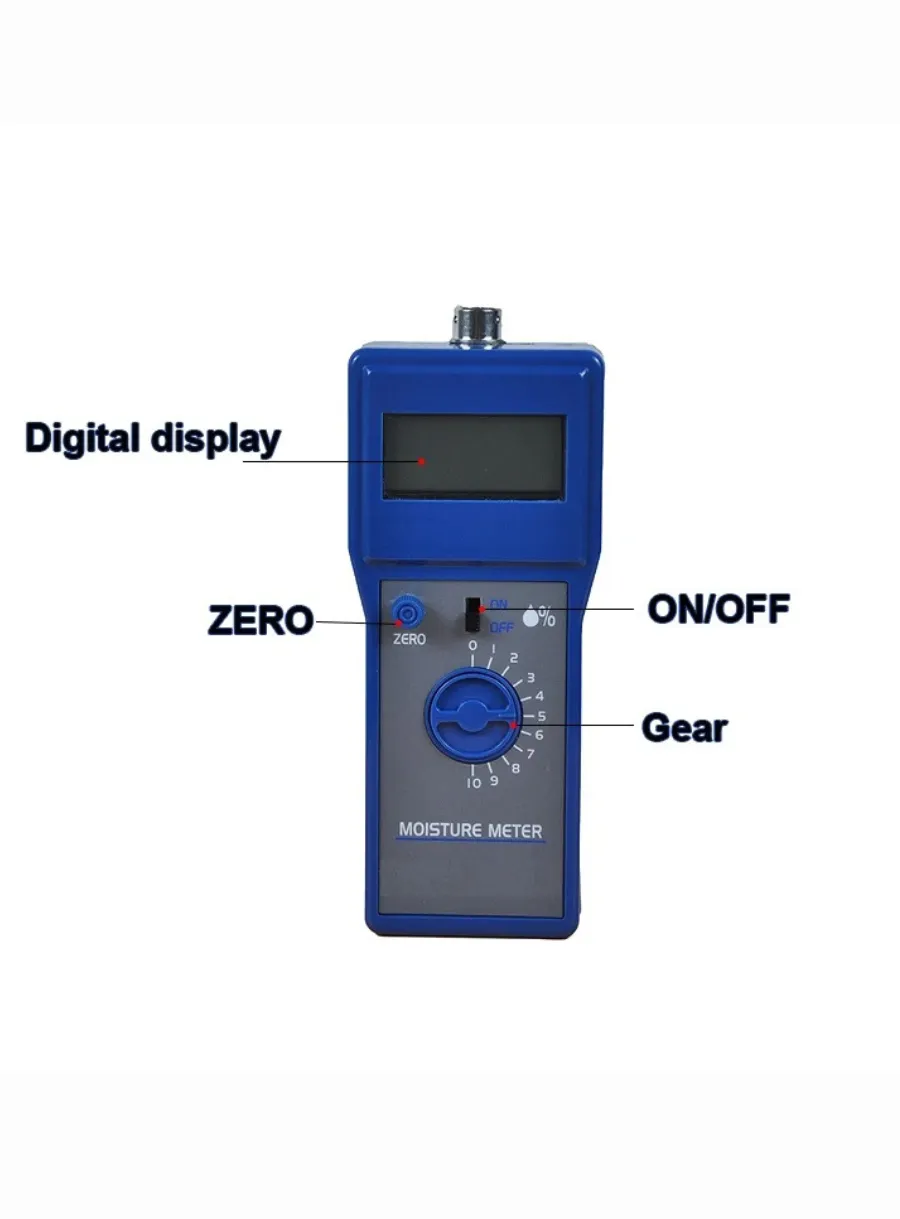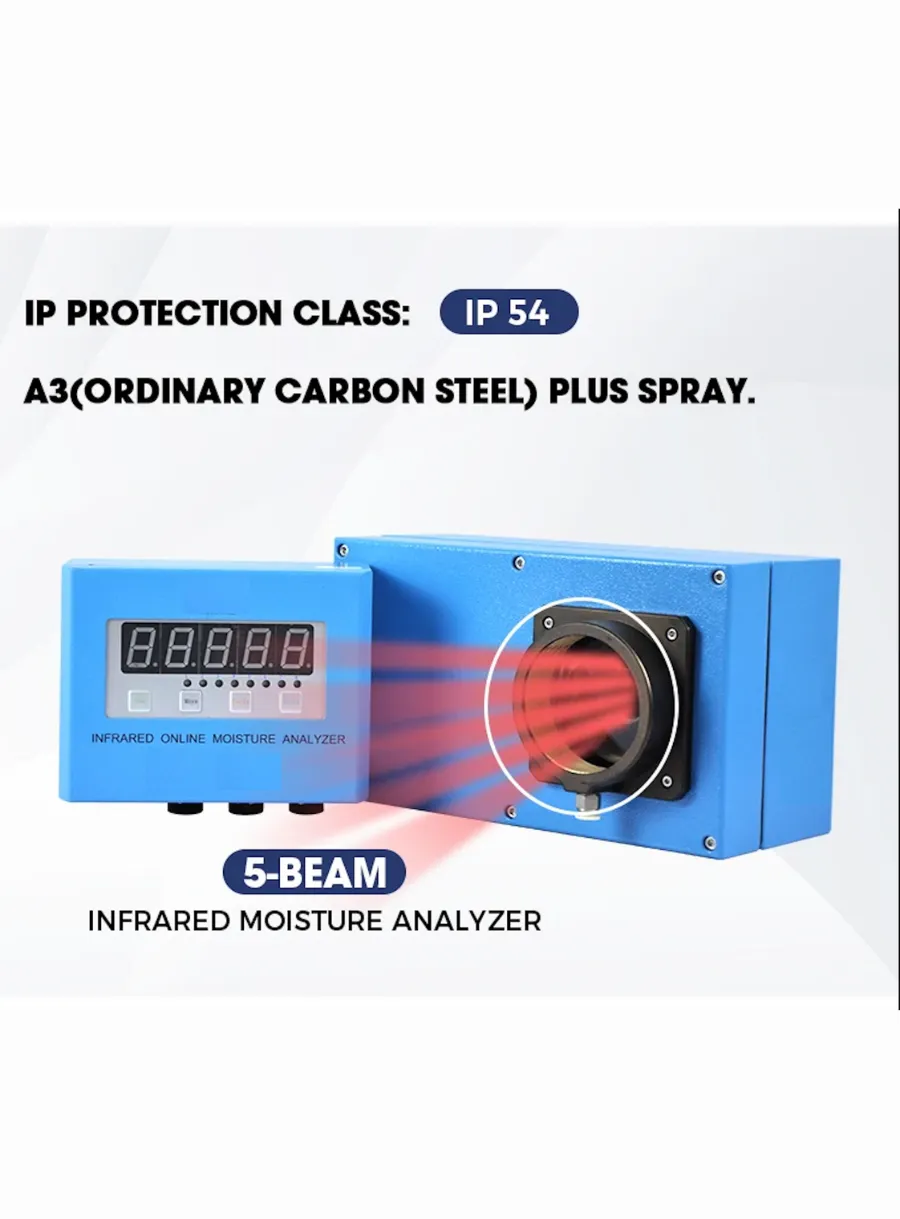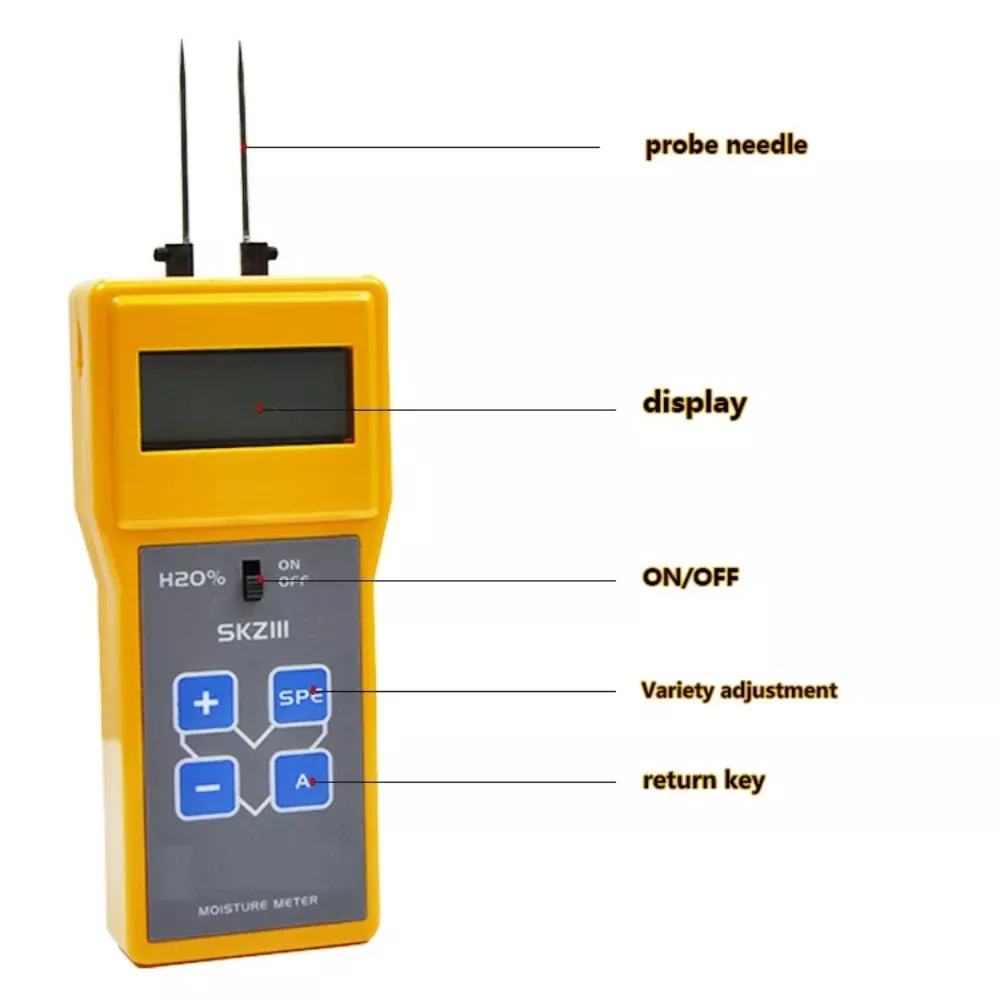
Food Moisture Meters and Regulatory Compliance
Table of Contents
The Crucial Role of Food Moisture Meters
Food moisture meters are essential tools in the food industry, as they help ensure the quality and safety of food products. These devices measure the moisture content in food, which is crucial for maintaining the desired texture, flavor, and shelf life of the product. In this article, we will discuss the importance of Food moisture meters and the regulatory compliance requirements associated with their use.
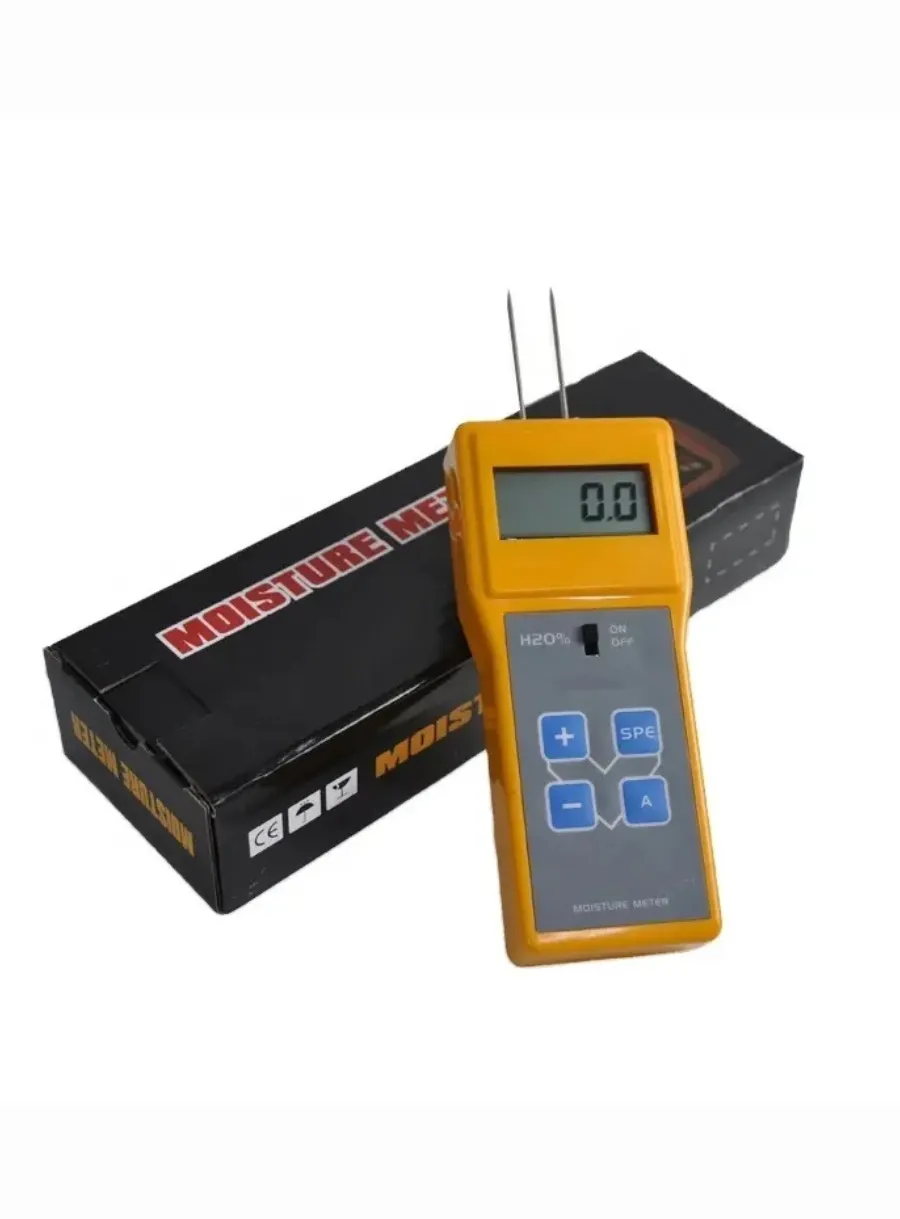
How Food Moisture Meters Work
Food moisture meters work by measuring the electrical conductivity of a food sample. When an electric current is passed through the sample, the moisture content affects the conductivity of the current. The meter then calculates the moisture content based on this change in conductivity. This method is highly accurate and can be used to measure the moisture content of a wide range of food products, including fruits, vegetables, meats, and baked goods.
The Significance of Moisture Content in Food Products
The importance of Food moisture meters cannot be overstated. Moisture content plays a critical role in the quality and safety of food products. For example, high moisture content can lead to spoilage and the growth of harmful bacteria, while low moisture content can result in a dry, unpalatable product. Therefore, it is essential to maintain the correct moisture content in food products to ensure their quality and safety.
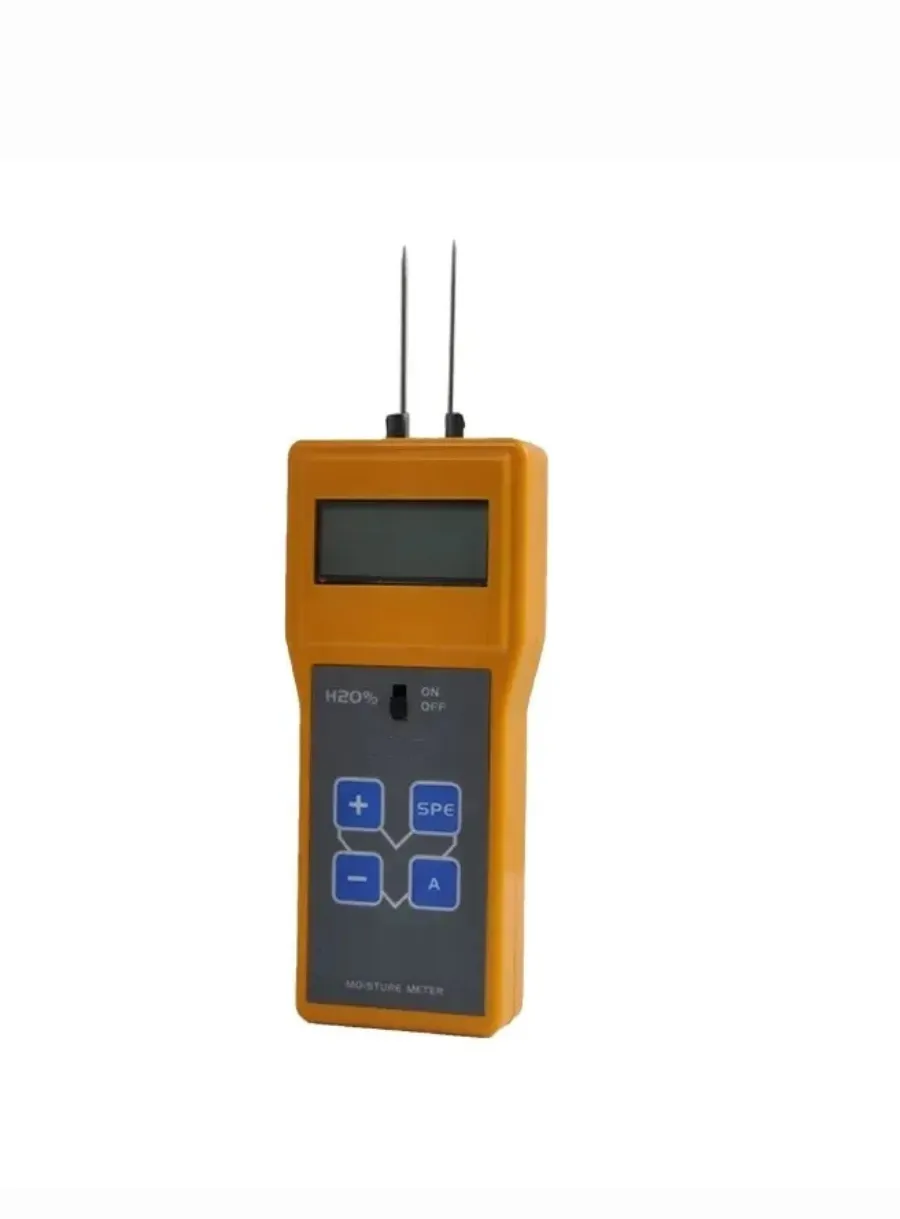
Regulatory Compliance and Food Moisture Meters
In addition to ensuring the quality and safety of food products, Food moisture meters are also essential for regulatory compliance. Many food safety regulations require that food products meet specific moisture content standards. For example, the United States Food and Drug Administration (FDA) has established guidelines for the moisture content of certain food products, such as dried fruits and vegetables. Failure to meet these guidelines can result in fines and other penalties.
Selecting the Right Food Moisture Meter
To ensure regulatory compliance, food manufacturers must use accurate and reliable Food moisture meters. There are several factors to consider when selecting a food moisture meter, including the type of food product being tested, the desired level of accuracy, and the ease of use of the device. Some Food moisture meters are designed for specific types of food products, while others can be used for a wide range of products. It is essential to choose a food moisture meter that is suitable for the specific needs of your food manufacturing operation.
Calibration and Maintenance of Food Moisture Meters
In addition to selecting the right food moisture meter, it is also essential to calibrate the device regularly to ensure accurate measurements. Calibration involves adjusting the meter to ensure that it provides accurate readings. This process should be performed according to the manufacturer’s instructions and should be done regularly to maintain the accuracy of the device.
Conclusion: Ensuring Quality, Safety, and Compliance
In conclusion, Food moisture meters are essential tools in the food industry, as they help ensure the quality and safety of food products. These devices are also crucial for regulatory compliance, as many food safety regulations require that food products meet specific moisture content standards. To ensure accurate measurements and regulatory compliance, it is essential to select the right food moisture meter for your needs and to calibrate the device regularly. By doing so, you can help ensure that your food products meet the highest quality and safety standards.
Comments
Tags
Frequently Asked Question
Calibration frequency depends on usage and manufacturer recommendations, but generally, it should be done before each use or at least weekly.
Yes, some meters are designed for specific food types, while others are more versatile. Choose a meter suitable for your specific products.
Consequences can include fines, product recalls, damage to brand reputation, and potential legal issues.
While primarily designed for moisture measurement, some advanced meters can indirectly indicate other quality issues related to moisture content.

